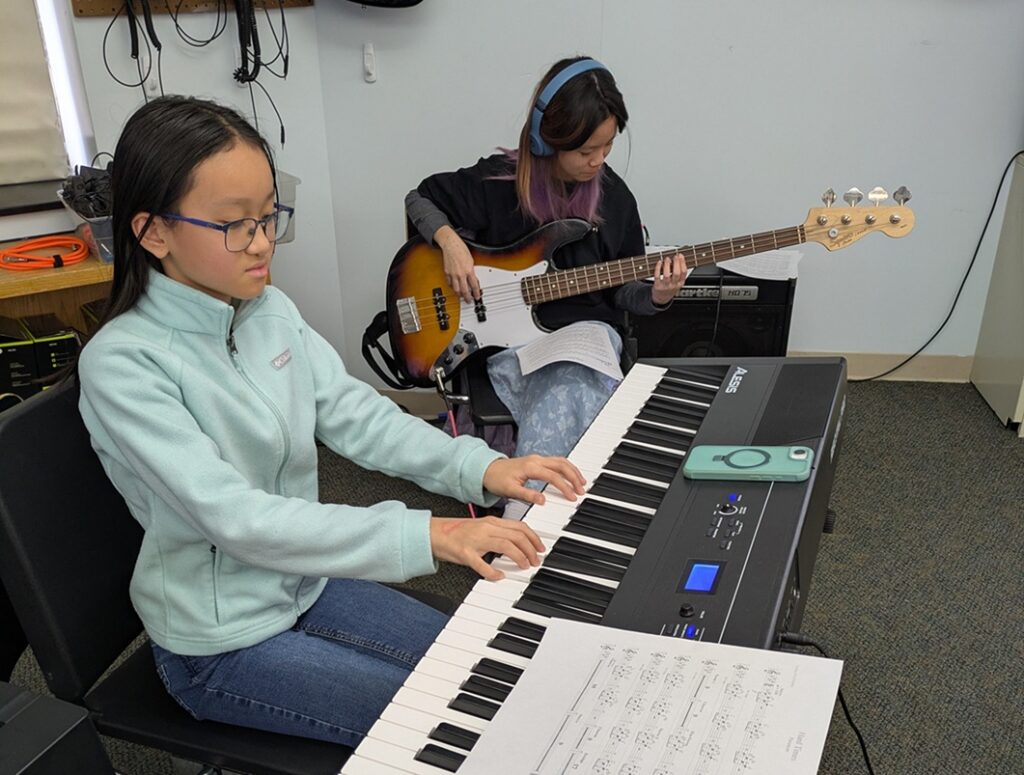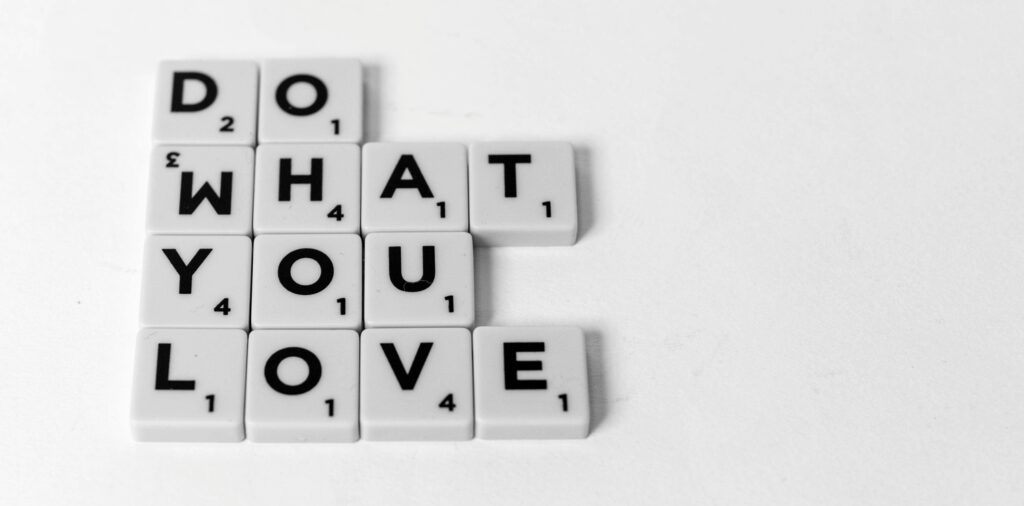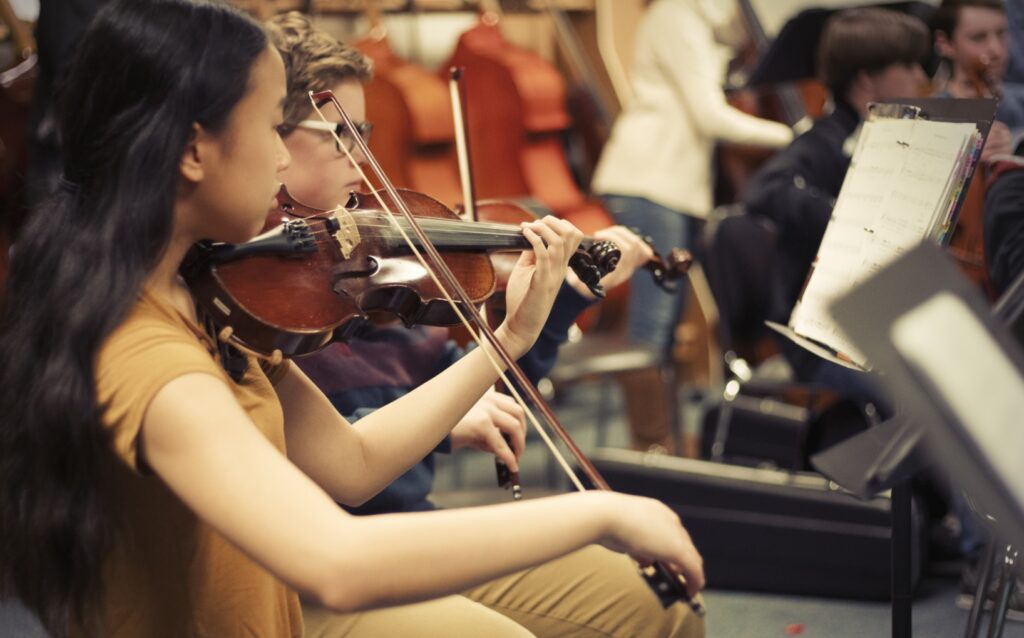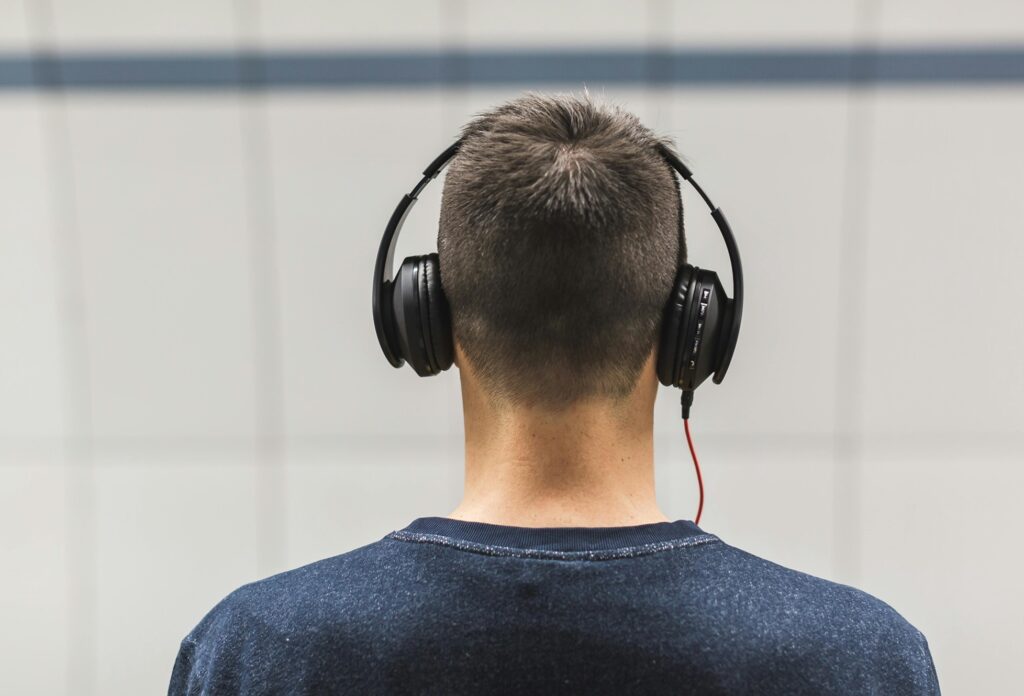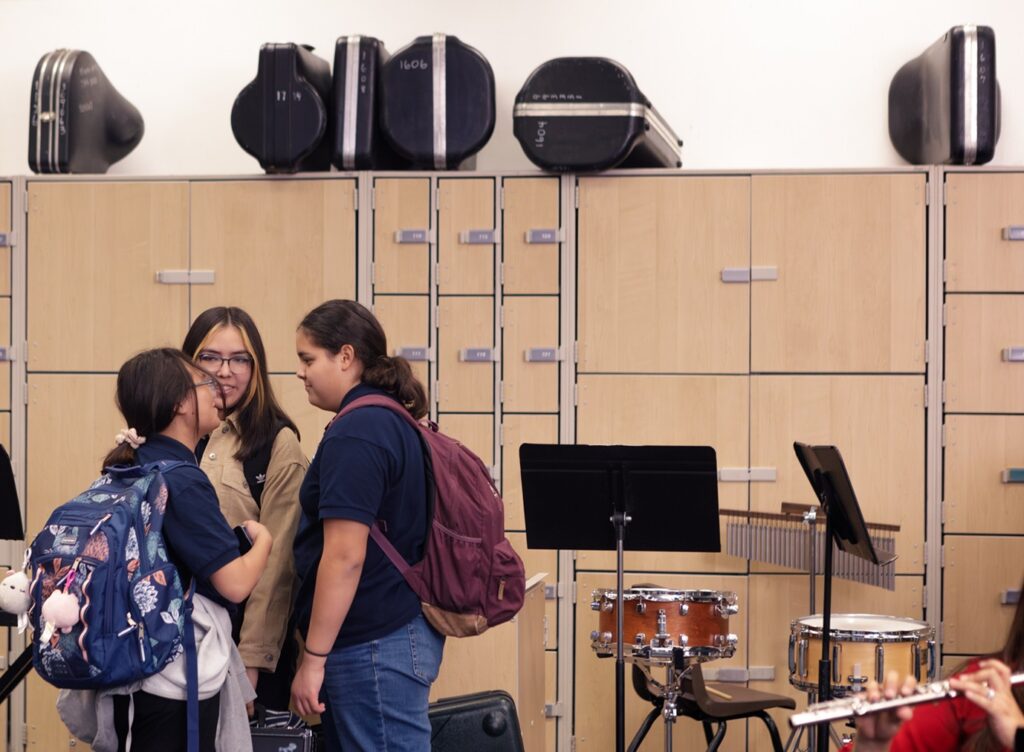The Importance of Commissioning Music
Finding new composers and securing funds to commission pieces is worth the time and effort. Not only are you building diverse repertoire and expanding the canon, but you are providing your students with the unique opportunity to meet composers and dissect their work.
As a band kid, I played a lot of music in middle school, high school, community bands and into college. I never thought about how that music came into existence. I simply thought that composers created music and people bought it, sort of like pop artists create music that ultimately gets played on the radio. Sure, that sometimes happens, but I was naive and unaware of this other side of music — the side of commissions.
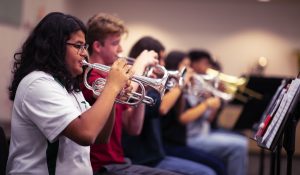 Embarrassingly, I didn’t learn about commissions until I went to college and met composition majors. People asked these composers to write music for them. What? That can happen?! As I became friends with some composers, I started to think about commissioning. Imagine being able to help my friends do what they love by doing what I love.
Embarrassingly, I didn’t learn about commissions until I went to college and met composition majors. People asked these composers to write music for them. What? That can happen?! As I became friends with some composers, I started to think about commissioning. Imagine being able to help my friends do what they love by doing what I love.
I’m now going into my fifth year of teaching, and I have been part of 10 commissions and am working on an 11th. This number will continue to grow because of the experiences and passion that I have developed through commissioning.
Although I am writing about music specifically for band and wind ensemble, everything I discuss applies to commissioning music in any medium, whether it’s jazz band, choir or orchestra. I believe one of our goals as educators is to promote new music and continue to build our repertoire in any and all genres.
Build the Repertoire
In the grand scheme of music history, band music has not been around for very long. By commissioning a new work, you are helping to build the repertoire. Sure, you will be a small splash in the ocean of current and future band music. However, this could be a huge part of your career as a music educator.
Will the piece(s) you commission become a staple in the repertoire and be as monumental as David Maslanka’s “Symphony No. 4” or Omar Thomas’ “Come Sunday”? Honestly, probably not. But don’t let that discourage you from commissioning a piece.
Expand the Canon
It’s no secret that a lot of standard repertoire music is lacking when it comes to composer diversity. This exclusion of historically underrepresented composers has been an issue in programming for centuries. This is something that we now have the opportunity to help correct.
 I have heard a lot of music teachers say, “I only program good music.” However, we all know what that means: They only program the status quo because it is too much work to find something else. If this continues to happen, then music as an art form would never advance because people are afraid to challenge what we already know.
I have heard a lot of music teachers say, “I only program good music.” However, we all know what that means: They only program the status quo because it is too much work to find something else. If this continues to happen, then music as an art form would never advance because people are afraid to challenge what we already know.
Renaissance music theorist, Johannes Tinctoris, wrote that the only music worth listening to is music that has been written within the last 40 years. That would mean that we should no longer listen to and program Gustav Holst, Ralph Vaughan Williams, Percy Grainger, etc. Is that what we want? No! However, it is time to promote and commission newer works from new and diverse composers to continue to expand the canon.
Become an Actual Lifelong Learner
One of the most terrifying and equally exciting parts about performing a commission is that you are the first or one of the first groups to perform that piece. It’s exciting because you get to give that piece of music its first breath of life. It’s also terrifying because you’re not sure where to begin.
We have all become familiarized and ultimately decided to program pieces by hearing them being performed or on a recording. We sit down and begin following along with the score mapping out the form, harmonic progression, important musical details, etc. We use available resources by typing in the name of the piece in a search engine followed by the word “analysis” to get all the answers about what is going on. If you say you have never done this, you’re lying.
However, with a commissioned piece, we do not have the resources to do any of that. We might have a MIDI file, but we all know (or at least I hope we do) that MIDI does not compare to a real performance.
Music educators are extremely busy, so the more work someone else does for us, the more convenient it is — but this cannot be the case for a commission (and should not be for our other studying)! Commissioning is an opportunity to challenge yourself to dissect the piece on your own.
As teachers, we often consider ourselves to be lifelong learners, but we continue to teach stuff we already know the answers to. What about actually being a lifelong learner and learning something new? The good part is that if you can’t figure it out, you can just email the composer to ask for help. They can respond; dead composers cannot.
Create for Your Ensemble
It can be very difficult to find a piece of music at a higher grade level without some essential parts for the bassoon, oboe or horn. Perhaps your ensemble is capable of playing at a high level, but your small school program is missing students sitting in those chairs, so you throw that piece aside and are left to program something else.
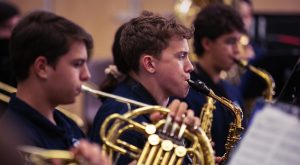 The beauty of a commission is that it is created for you and your group. It is like that new suit that took the tailor an hour to fit just for you, and when you get the finished product, it fits perfectly — and, boy, do you look good! With a commissioned piece, you can even share it with your colleagues who might have similar instrumentation.
The beauty of a commission is that it is created for you and your group. It is like that new suit that took the tailor an hour to fit just for you, and when you get the finished product, it fits perfectly — and, boy, do you look good! With a commissioned piece, you can even share it with your colleagues who might have similar instrumentation.
Show What Is Possible
Like I said earlier, I didn’t really know much about composers other than the fact that the ones who wrote the music we performed in high school were all dead. I never really thought about the composer as a resource for a composition or as a collaborative partner for an upcoming performance. While I was in high school, composer Andrew Cote, an alumni of our school, worked with us on a piece he had written called “For Stan.” It was the first time that I felt like I knew a composer (although we wouldn’t really get to know each other until much later as colleagues). Even then, Andy was finishing up his degree at the University of New Hampshire, so I thought composing was just a hobby. Regardless, I felt inspired to go home and download a free version of a notation software to see what I could come up with on my own. Spoiler alert: What I came up with was garbage.
However, the interaction your students can have with a composer could inspire one of them to begin composing, and hopefully they will not write garbage. It might even inspire the right student to see themself reflected in the composer, too.
Give Your Students a Unique Experience
When I was a student at the University of New Hampshire, I had the opportunity to really study the music of one of my professors, Andrew Boysen. The conversations we had about his music and his composition process were very insightful and made the music feel more personal to me. Discussing a piece with the composer gave it life and put a face to the music.
Dr. Boysen has come to Brunswick High School many times to work with my groups, and my students absolutely love it. They are excited to see him and ask questions about his music that we’ve been working on. They are getting to know the person behind the music, which makes it more meaningful to them. As a result, they play better whether they are aware of it or not.
This relationship with the composer is a huge benefit of commissioning. The composer, who has worked on a piece for several months, wants to see it all the way through to a performance. I have had other composers join our rehearsals to talk about their music and work with my students as part of commissions. These composers are excited to work with you — and because they are alive, you don’t need a ouija board to contact them!
Artists Supporting Artists
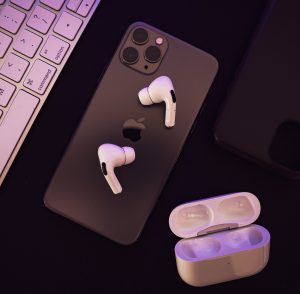 We are all artists. We know how difficult it can be to make a living by following your passion. Music is an undervalued and underappreciated profession. When you purchase music from a large music distributor, the composer probably is not making that much money from that purchase. I don’t think this is breaking news to anyone.
We are all artists. We know how difficult it can be to make a living by following your passion. Music is an undervalued and underappreciated profession. When you purchase music from a large music distributor, the composer probably is not making that much money from that purchase. I don’t think this is breaking news to anyone.
With commissions, you can instill value in other artists. The composer gets all (or most) of the money from commissions. Sure, you are paying more for a piece of music, but that goes a long way for a composer. Additionally, you are showing your students and community the importance of valuing music, not only as an art form, but as a career. Creating a community that values the work of artists and musicians is important for the growth of your program and our profession as a whole.
What if You Don’t Like the Piece?
As I mentioned before, the piece that you commissioned is new and you don’t know what it sounds like, and that can be a scary feeling when it comes to learning the piece. Once you have an image of the piece in your head from score study, what if you don’t like it? Frankly, you might not, and that’s okay!
Personally, I haven’t had this experience. However, sometimes it can be difficult to get the students to buy into a piece — probably because they can’t find a recording of it. Use this situation as a teaching moment. We have all played music that we didn’t like very much, but we still needed to perform it — and perform it well.
You put in the time and work to understand and develop your own image of the commissioned piece. Your students must do the same as they begin to practice and learn the piece. They may have a different interpretation of their part than you do. You may choose to agree or disagree with them, but they made a thoughtful, musical decision and that’s something to celebrate! You may be nervous about the music that you received, but if you choose a composer who you believe in, that fear will be reduced.
How To Do It
If you have not commissioned a piece before, it could be difficult to figure out where to start. First, find a composer who you believe in and whose music you like. Maybe you already know or admire a composer or you might need to look around and do some more listening. Once you have a composer in mind, reach out to them via email or contact page on their website and inquire about their availability to write a new work (depending on the composer, this could be months or even several years).
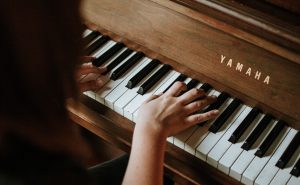 I have a few different processes for finding the right composer. My first commission was with a composer named Maddie Stephenson. Her father, James Stephenson, is also a composer whose work I have programmed. He shared Maddie’s “Piano Sonata,” and I became a fan of her writing, so I asked her to write what would be her first band piece. Another commission was through a consortium for composer Paul Cravens, a dear friend who I went to school with.
I have a few different processes for finding the right composer. My first commission was with a composer named Maddie Stephenson. Her father, James Stephenson, is also a composer whose work I have programmed. He shared Maddie’s “Piano Sonata,” and I became a fan of her writing, so I asked her to write what would be her first band piece. Another commission was through a consortium for composer Paul Cravens, a dear friend who I went to school with.
Commissions are not cheap. They cost from a couple to several thousands of dollars, depending on the composer. If your program or school have the funds to do it on your own, great! If you don’t, look for grants or do some fundraising. If you’re thinking, “There’s no way I can ever afford that,” don’t worry, there are other options!
I have been able to commission so many works in just under five years through both individual commissions and mostly through consortia. Joining a consortium is a great way to commission a work and do it in an affordable way. You can find opportunities to join consortia on social media (especially by the composers who are writing) or through advertisements. If a particular piece fits my programming needs or I liked the idea behind the piece, I would listen to other works by the composer and make a decision on whether to join the corsortia.
As an individual or leader of an ensemble, you would pay a fee to be a part of the consortium to commission a new work by the composer. By joining or leading a consortium, you can get a new piece at a reasonable price! I’ve joined consortiums for as little as $35.
You may also buy in at various levels with different benefits. As a member of the consortium, you typically get your name and ensemble listed in the score, score and parts for the piece and any edits that might be made as performances and editing happen. You’ll also have exclusive rights to the performance of that piece for a year. These are typical benefits for being a consortium member.
You could receive a free meet-and-greet session with the composer and other perks depending on the details of the consortium. Being a lead commissioner on a consortium will come with more benefits and more responsibility. If you are interested in joining a consortium, feel free to email me or write to educators@yamaha.com.
One of my favorite places to find consortia is through an organization called …And We Were Heard. No, I do not receive any kickbacks; this is just a great organization that I believe in. I have also learned about consortium opportunities from friends and colleagues who know that I enjoy commissioning new works. Ask around, get together with a friend and help promote new music!










